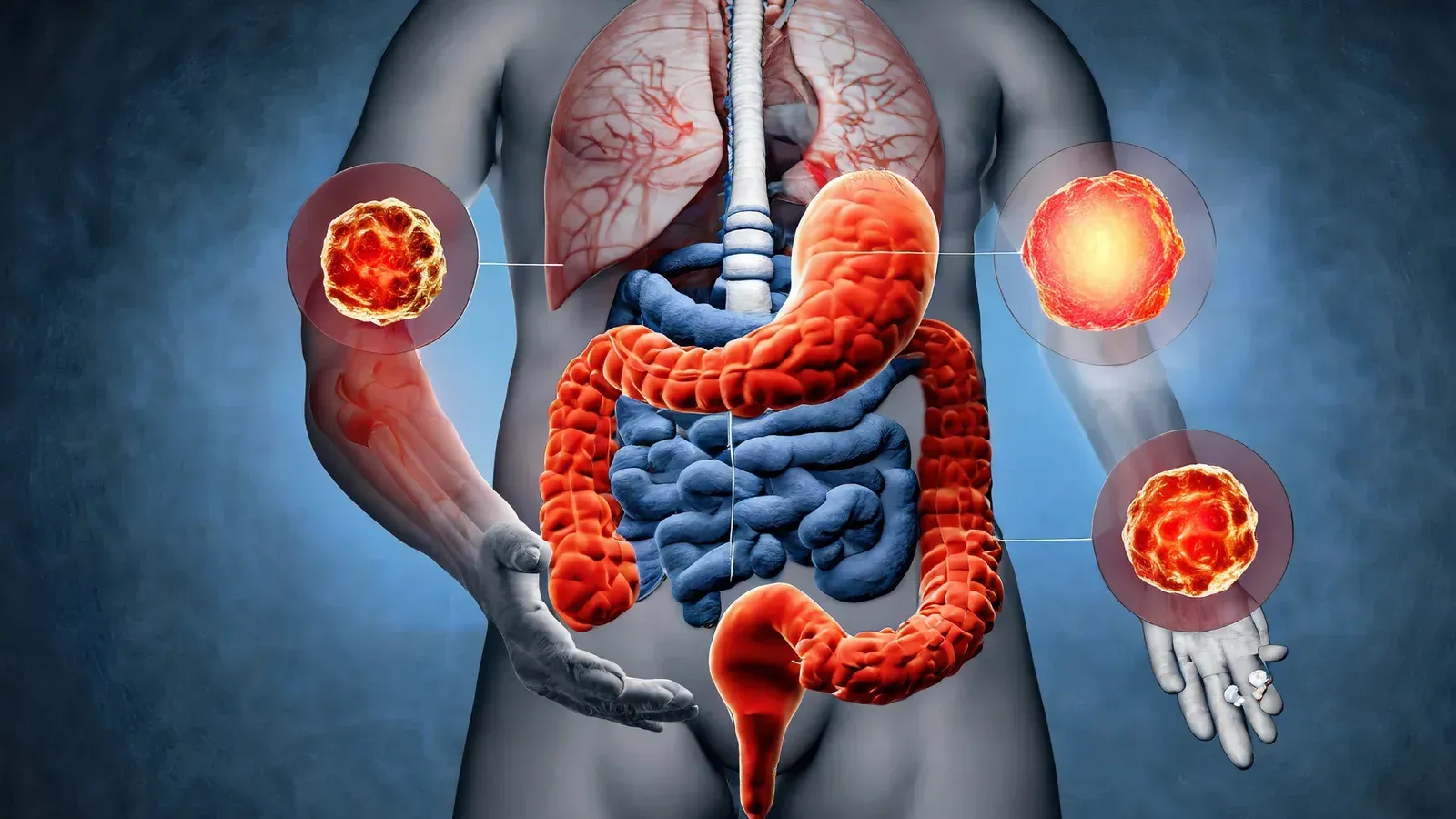Advances in Gastroparesis Treatment: A Comprehensive Guide
Gastroparesis is a gastrointestinal disorder characterized by delayed emptying of the stomach, leading to symptoms such as nausea, vomiting, bloating, and abdominal pain. This article explores the latest advancements in gastroparesis treatment, highlighting the importance of gastroenterology clinical research and best practices in clinical gastroenterology. Discover innovative approaches and San Diego clinical trials that are shaping the future of gastroparesis management.
Understanding Gastroparesis: Causes and Symptoms:
Gastroparesis occurs when the stomach muscles do not function properly, disrupting the normal movement of food into the small intestine. Symptoms may include early satiety, heartburn, and fluctuations in blood sugar levels. Understanding the underlying causes and symptoms of gastroparesis is crucial for effective management.
Conventional Treatment Approaches for Gastroparesis:
Conventional treatment options for gastroparesis typically include dietary modifications, medications to stimulate stomach emptying, and symptom management. Lifestyle changes such as eating smaller, more frequent meals and avoiding high-fat foods can also help alleviate symptoms.
Emerging Therapies and Research in Gastroparesis Treatment:
Recent advancements in gastroparesis treatment have introduced innovative therapies such as gastric electrical stimulation, botulinum toxin injections, and novel medications targeting stomach motility. These emerging therapies aim to improve symptoms and enhance quality of life for individuals with gastroparesis.
The Role of Clinical Trials in Advancing Gastroparesis Management:
Participating in clinical trials for gastroparesis allows patients access to cutting-edge treatments and contributes to the development of new therapies. Clinical research plays a vital role in expanding treatment options, improving outcomes, and advancing our understanding of gastroparesis.
In conclusion, the landscape of gastroparesis treatment is evolving, with new approaches and therapies offering hope for improved symptom management and quality of life. By staying informed about the latest research and participating in clinical trials, individuals with gastroparesis can explore innovative treatment options and contribute to the future of gastroenterology care.









